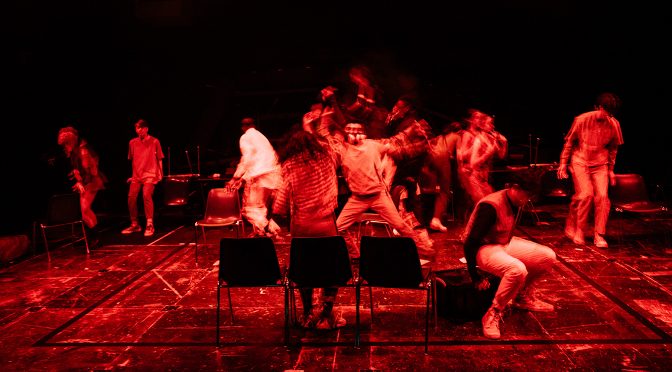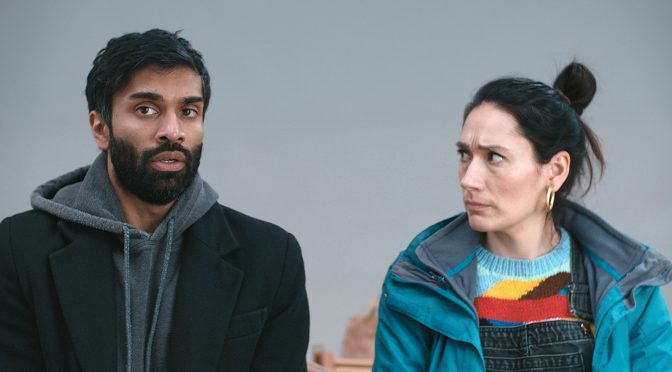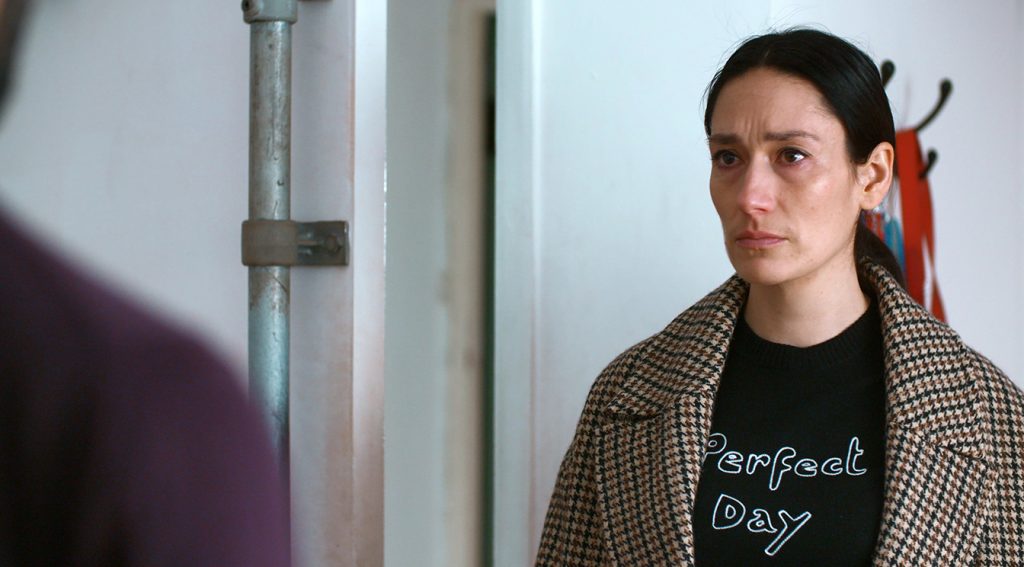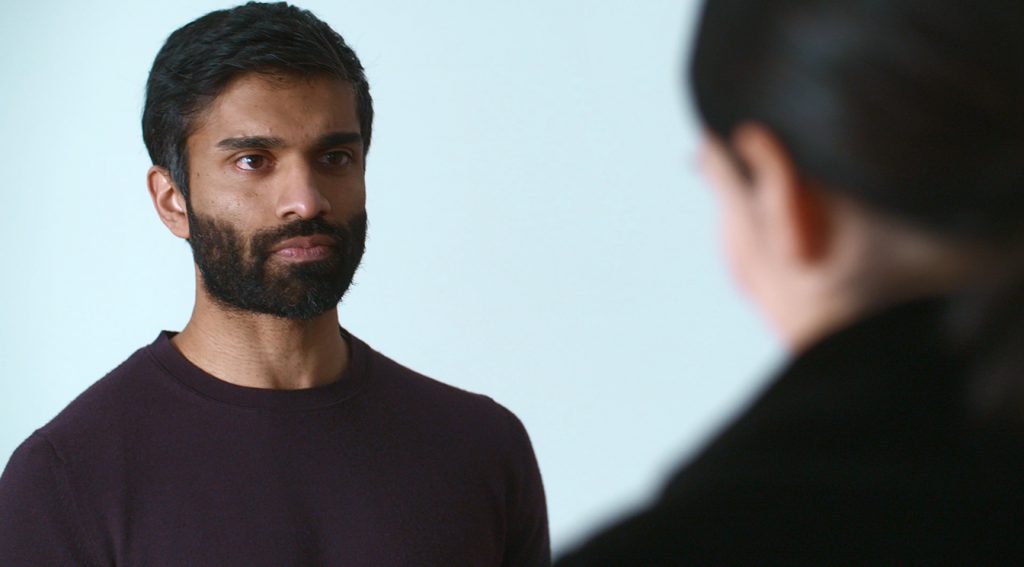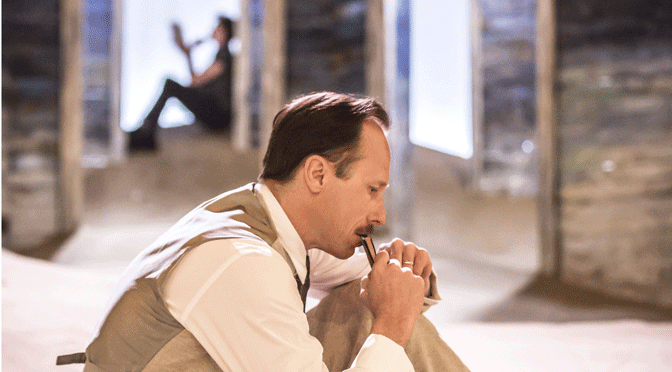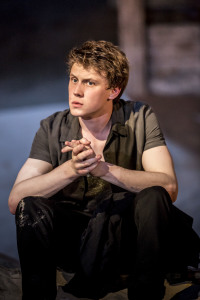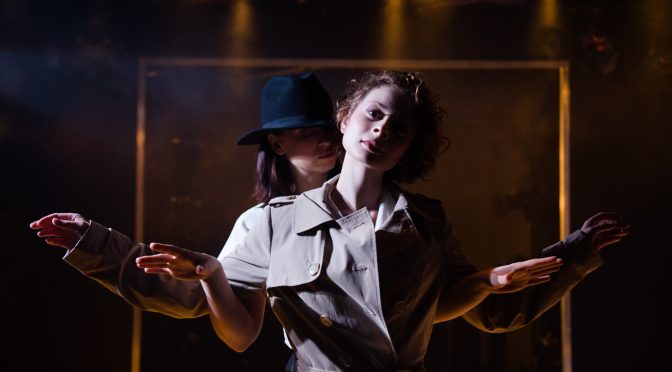Dawn King’s climate change play has a strong scenario – the youth of the future hold their parents to account in court for environmental damage. A sci-fi dystopia, the piece is an effective, well-written call to action. It’s big on ideas and, while important for all to see, perfect for a younger demographic. There’s a powerful sense of rage propelling the controlled script: this is theatre for the angry young gen.
Accountability and justice are meaty subjects. As is the impact on the planet of being a carnivore. If some of the future King imagines is far-fetched (it would seem the revolution that has occurred is the first in history to benefit the poor) the balance with what we can all imagine as the shape of things to come is good. It’s easy to guess that folk of the future will be aghast at how we live now.
Overblown touches add to a sense of urgency. But there are hitches. It could be clearer from the start what the outcome of the trials is. Also, for a piece about a generational divide, it would help to know what the date is. Is it Gen Z in the dock? Since King wants to be vague, I’ll avoid spoilers. Suffice to say that there’s a lot of drama from a tight, twisty plot. And those accused aren’t just the usual suspects.
The play also manages its young cast superbly. First, three experienced performers – Lucy Cohu, Nigel Lindsay and Sharon Small – punctuate the action. Their speeches, as their characters defend themselves, are superbly delivered. Then, under the careful direction of Natalie Abrahami, the ensemble, some of whom are very young, all acquit themselves admirably.
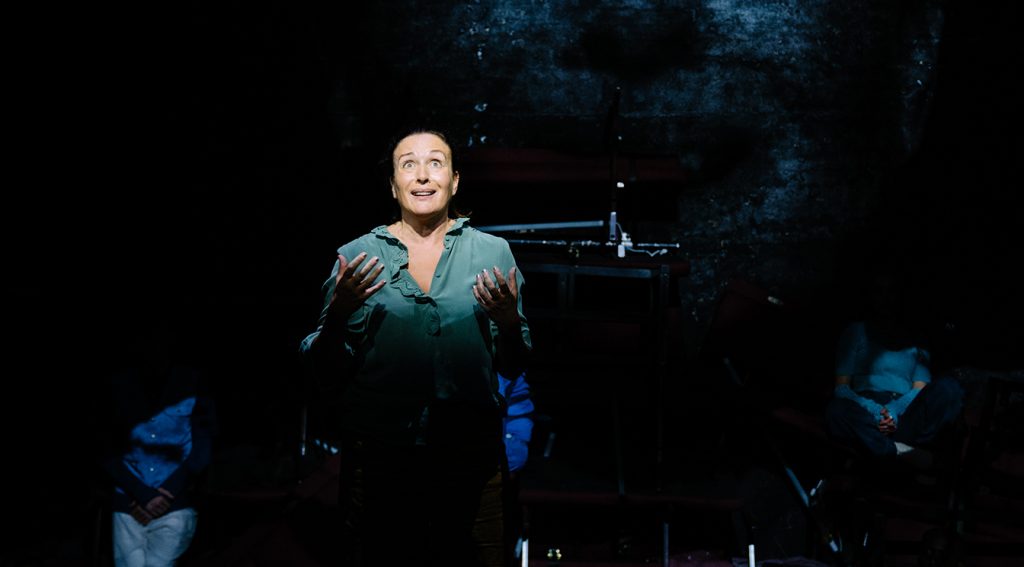
Fans of Heartstopper (and I spotted a few) will be pleased with performances from Will Gao and Joe Locke. The former injects some much-needed light relief, while Locke clearly revels in having a darker character to deal with. But this is an ensemble piece – great care is taken to give all 12 cast members time and the show is good at this. Twelve is a lot of characters. Some of the roles may be sketched – they represent attitudes (often, anxieties) – but King ensures all are memorable and distinct.
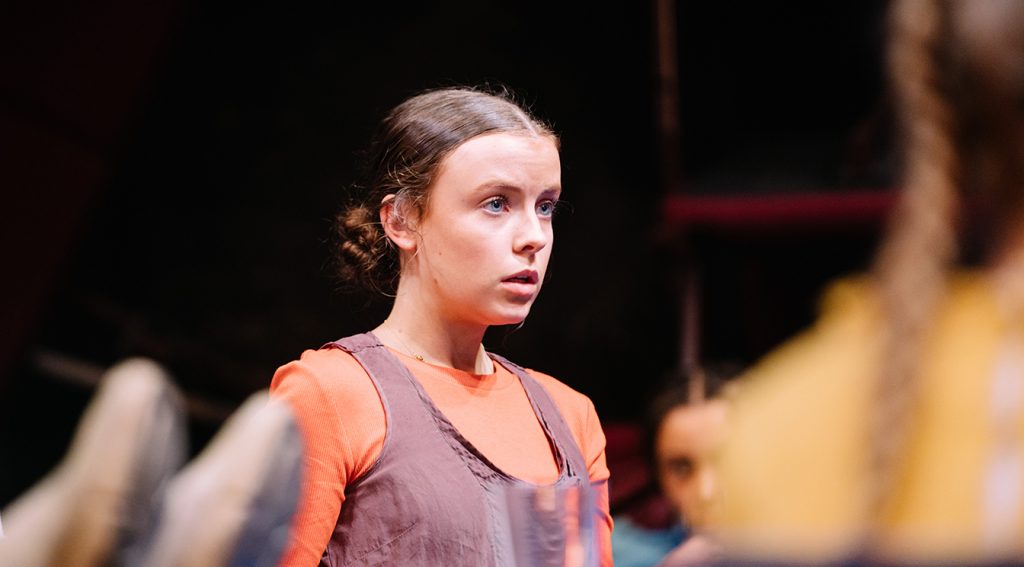
Honor Kneafsey as Ren is the central role, the strongest written character with a performance to match. Jowana El-Daouk also stands out for a streak of ruthlessness combined with a hatred of “dinosaur” elders – an internal conflict that is important. King has an uncanny ability to show and balance the conviction and anger of youth. The mischievous Tomaz intrigues most and Charlie Reid’s energetic performance of this lethargic character (not easy) is good. The role brings home how young those in charge are in the story.
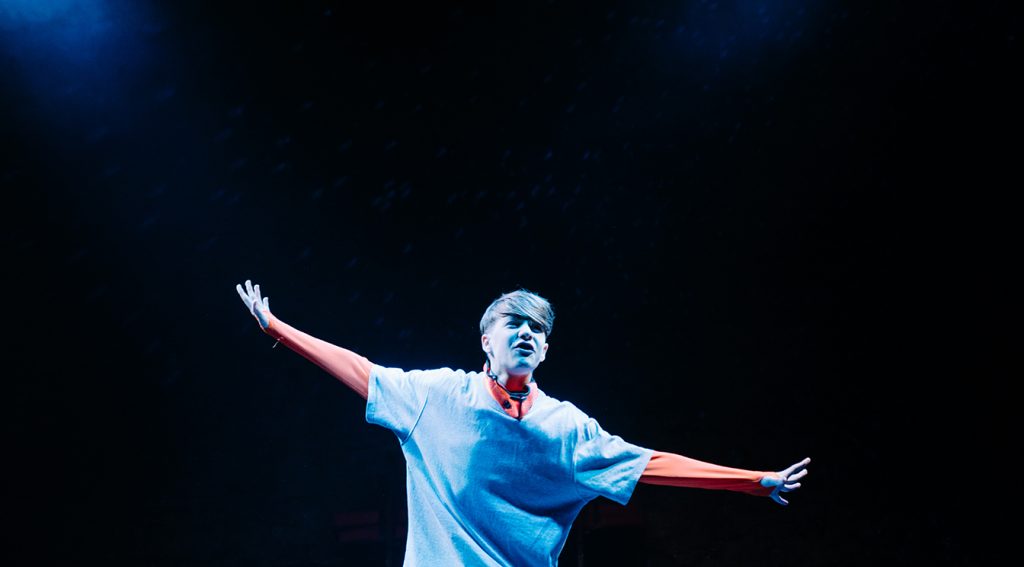
But are they really running things? There’s a lot unspoken in The Trials, which King plays with and could extrapolate. The jurors can ask for help… but from who? Do these witch hunts have a darker purpose? Is there some kind of catharsis going on? Or is it all about resources being scarce? With more big ideas bubbling away, this Utilitarian future comes under question. Avoiding easy answers, King has a fine play that is bleak, but undeniably absorbing.
Until 27 August 2022
Photos by Helen Murray

